Specialized Construction ERP software is designed from the ground up to cater to these specific needs, offering a powerful suite of tools that can significantly enhance efficiency, profitability, and overall project success.
Investing in a construction-focused ERP is not just an upgrade; it’s a strategic move that can transform how your business operates.
Here are the key benefits of implementing a specialized Construction ERP system:
- Enhanced Project Management and Control:
Construction projects are complex undertakings with numerous moving parts. A specialized ERP provides real-time visibility into every aspect of a project lifecycle, from initial bidding to final closeout. Key benefits include:
- Accurate Estimating and Bidding: Integrated tools allow for precise cost estimation, considering labor, materials, equipment, and subcontractors. This leads to more competitive and profitable bids.
- Detailed Project Planning and Scheduling: Features like Gantt charts, resource allocation, and critical path analysis enable effective project planning and scheduling, minimizing delays and optimizing resource utilization.
- Real-time Progress Tracking: Monitor project progress against the schedule and budget with up-to-the-minute data on work completed, costs incurred, and potential roadblocks.
- Document Management: Centralized storage and management of all project-related documents, including contracts, blueprints, permits, and change orders, ensuring easy access and version control.
- Change Order Management: Streamlined workflows for managing change requests, tracking their impact on cost and schedule, and ensuring proper approvals.
- Improved Financial Management and Accounting:
Construction accounting has its own set of complexities, including job costing, percentage completion accounting, and retention management. A specialized ERP addresses these nuances effectively:
- Job Costing: Accurately track all costs associated with individual projects, providing a clear understanding of profitability and identifying areas for improvement.
- Percentage Completion Accounting: Automate the calculation and reporting of revenue and profit based on the percentage of work completed, ensuring accurate financial reporting.
- Cash Flow Management: Gain better visibility into cash inflows and outflows, enabling proactive management of working capital.
- Compliance and Reporting: Generate accurate financial reports that meet industry-specific regulations and provide valuable insights for decision-making.
- Streamlined Resource Management:
Effective management of labor, equipment, and materials is crucial for controlling costs and ensuring project success. A Construction ERP offers tools to optimize resource utilization:
- Labor Management: Track employee time, manage payroll, allocate labor resources to projects, and monitor labor productivity.
- Equipment Management: Maintain a comprehensive inventory of equipment, track utilization, schedule maintenance, and manage depreciation.
- Materials Management: Control inventory levels, manage procurement processes, track material costs, and optimize material delivery schedules to minimize waste and delays.
- Subcontractor Management: Manage subcontractor agreements, track their performance, process payments, and ensure compliance.
- Enhanced Communication and Collaboration:
Breaking down communication silos is essential for efficient project execution. A Construction ERP facilitates seamless collaboration among project stakeholders:
- Centralized Data Repository: Provides a single source of truth for all project-related information, accessible to authorized personnel.
- Improved Communication Channels: Facilitates communication between project managers, field teams, office staff, and subcontractors.
- Workflow Automation: Automates routine tasks and approvals, reducing manual errors and improving efficiency.
- Mobile Accessibility: Enables field teams to access critical information, report progress, and manage tasks remotely, improving real-time data capture and decision-making.
- Data-Driven Insights and Reporting:
A specialized Construction ERP provides powerful reporting and analytics capabilities, enabling data-driven decision-making:
- Dashboards: Visualize key performance indicators (KPIs) related to project profitability, resource utilization, and financial performance.
- Comprehensive Reporting: Generate a wide range of reports, including project status reports, cost analysis reports, budget variance reports, and more.
- Identify Trends and Areas for Improvement: Analyze data to identify trends, potential risks, and areas where processes can be optimized.
- Improved Forecasting: Leverage historical data and real-time insights to improve project forecasting and financial planning.
Conclusion
In today’s competitive construction landscape, leveraging technology is no longer a luxury but a necessity.
A specialized Construction ERP system offers a comprehensive solution to manage the complexities of the industry, providing significant benefits in terms of project control, financial accuracy, resource optimization, communication, and data-driven decision-making. By investing in the right Construction ERP, companies can build a stronger foundation for success, improve profitability, and achieve sustainable growth.













